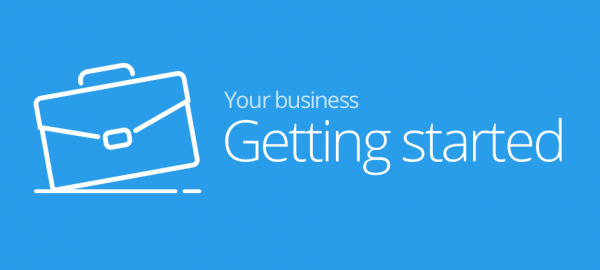With much of the nation working from home people are having to adapt to a whole new way of working. Many are getting to grips with it as the new normal, and many employers are saying they intend to keep remote working even when the epidemic is over. However, there is a lot of confusion over the different meanings of “home working”, “remote working” and “flexible working”.
Home working
COVID-19 has made home-working essential for many employees. Not everyone likes it and employers shouldn’t think it is some kind of treat. Most home-workers find they are spending more time at their desk rather than less.
Most British people are used to a 9-5 working day, interrupted by a snack lunch and the odd coffee break, but is this even feasible when working in your own makeshift office? Who covers your desk while you fetch food or need the restroom? Zoom or Teams calls seem to dominate every hour, and there are often heaps of extra work to cover for team members off-sick or in isolation. With less support and spare cash around it is hard to put a client’s work on the back burner. For many of us “no more 9-5” means 7-10.
The “home office” is a bit of a myth. Often it means a table in the corner. Those who share houses have to contend for space and deal with constant interruptions. Children understand it when you are out, but not why you ignore them when you are in. Your phone is critical for work but still receiving domestic calls, and each time you get up for a breather you are faced with household chores waiting to be done. If you can’t focus, you end up working into the early hours and the fatigue wears you down. The self-employed could have told you – home working is no bed of roses. There are also thousands of people to tell you it can work, and it is worth it.
Flexible working
As the name implies, flexible working is flexible: it can mean working from home for certain days or hours, going part-time for a while, job-sharing arrangements, or being allowed to compress your contracted hours into long and short shifts. It basically means you can vary when and where you work providing the job gets done. It also means letting your worker come into the office to do a 9-5 if they want to – many will.
Flexibility is great for people with young families or other family members to care for, or who have two jobs, or who want to study. Some people hate flexibility, others love it – and work better as a result but the main advantages for employers is economic – they need less desks, chairs, computers and office space and their utility bills are lower. Because employees save money on petrol, season tickets and childcare fees they can afford to take jobs that pay less money. That means smaller businesses who can’t afford high wages can procure skilled staff who otherwise would have been unaffordable.
Not all jobs can be flexible. Nurses and firefighters can hardly choose to be on duty when it suits them, and most 9-5 shops need 9-5 workers. However, if your workload can be adequately covered you have a right to ask your employer for flexible work arrangements. In fact, employers who refuse in unreasonable circumstances (for example, your motive is pregnancy related and the proposed arrangement still allows you to do your job) they risk litigation for discrimination or unfair dismissal.
The main risk for inflexible employers however is getting left behind by more progressive and sensible companies.
Remote working
Home working is one type of remote working but so too is completing work on the train with a laptop or accessing office documents from a layby on your smartphone. Remote working is made possible by digital services and media; websites, Cloud software, VPNs, IP telephony, instant messaging, conferencing software and social media platforms.
Remote working is potentially a huge asset for both employees and employers. Without it, the lockdown would be economically impossible. Without it – commuting is a pure waste of time. Without it, the logistics of organising mobile engineers, drivers and salespeople would be half as efficient. The ability to support remote workers also allows employers to be flexible – and that attracts and retains their valuable skilled workforce.
It is no coincidence that the businesses that have done worst during the lockdown – bars and restaurants – are those least able to work remotely. Now that COVID-19 has drummed the lesson in, every business should be improving its web presence and re-structuring itself on platforms that support more flexible kinds of work pattern – such as the Cloud.
names.co.uk offers everything you need to get going online, starting with a domain name and moving on to personalised email, website builder tools, web hosting and online security.
